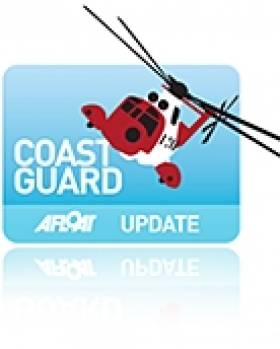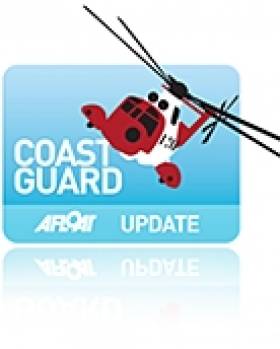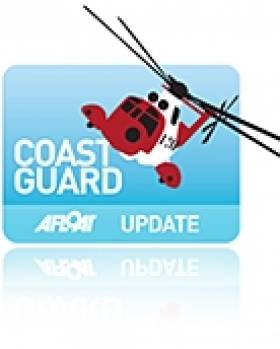Displaying items by tag: PCS
Concerns Over Belfast Coastguard Jobs
Concerns persist over the future for Northern Ireland’s coastguard service staff - despite the British government backing down from plans to close the Bangor search and rescue centre.
As previously reported on Afloat.ie, the Bregenz House station was given a reprieve under revised proposals to streamline the UK's coastguard network.
However the coastguard workers' union told the Belfast Telegraph that assurances must still be given to preserve "the same level of service”.
Ian Graham of the Public and Commercial Services (PCS) union said: "The numbers they’re quoting in the proposals are not providing this service with enough staff.
"Lives are still at risk with these proposals, there isn’t one UK coastguard I have spoken to that doesn’t disagree with that. We need to keep fighting to safeguard the service. This was a small victory.”
The Belfast Telegraph has more on the story HERE.
British Coastguard Fears Loss of Choppers
The union representing coastguard staff in the UK has expressed its fears over the loss of air rescue services when a number of helicopters are transferred to Ireland next year.
Under CHC's €500m contract to provide search and rescue services for the Irish Coast Guard, four helicopters will be withdrawn from England and Scotland for redeployment in Ireland.
However, HeraldScotland reports that the Maritime and Coastguard Agency (MCA) has no plans to replace these helicopters, which separately service Scotland's Isle of Lewis and Shetland Islands as well as the Solent and Portland in England.
The recent collapse of the privatisation deal for UK search and rescue services has meant there is no new operator lined up to replace CHC.
Jeremy Gautrey of the PCS union said that the situation "has now potentially left the coastguard service stranded without the guarantee that it will have sufficient helicopters to carry out search-and-rescue operations when the current helicopters retire."
HeraldScotland has more on the story HERE.
Penning Says Meeting with Bangor Coastguard Staff Clears Air
UK Shipping Minister Mike Penning described his meeting with Bangor coastguard staff last week as "a breath of fresh air", BBC News reports.
Last Wednesday Penning met staff at Northern Ireland's only coastguard centre, which is threatened with closure under plans to streamline the UK's coastguard station network.
Minister Penning admitted to BBC News that Bangor was not on the original list of centres marked for closure.
"It was a decision made by myself and the secretary of state and we were honest about that," he said, adding that there was now "acceptance of the people in the frontline that there has to be change and there has to be modernisation".
The minister said no date had been set for a final decision on which stations would be closed.
Meanwhile, the Community Telegraph reports on confusion among the public following the meeting with Maritime and Coastguard Agency (MCA) officials in Bangor on 3 March.
Ian Graham of the Public and Commercial Services (PCS) union, which represents coastguards, said: “They didn’t really answer any of the questions from the public adequately."
He added that statistics they used in a slideshow to illustrate rescue incident start time were "misleading" as "a lot of rescues can last for hours".


























































